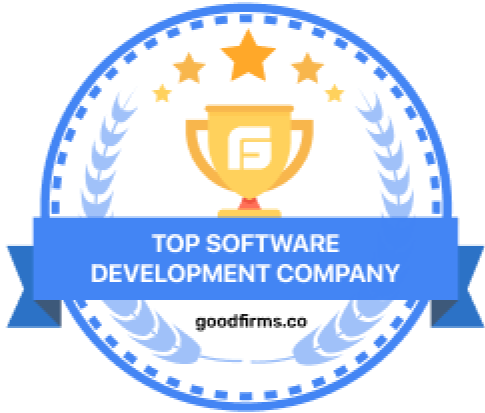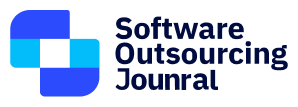Product Requirement Document is one of the most crucial documents you’d need while intending to get a product ready. Giving out a software development task to a tech company without PRD is like cooking without any recipe. The name of this document explains its purpose. It gives the developer complete guidance on your requirement with every feature.
Without PRD, product development may seem directionless and very well end up disappointing you on the delivery of the final product. If not, you might still have to prescribe several changes at various stages of the software development cycle. To avoid such inconveniences, you’ll have to deploy the task of preparing a detailed product requirement document or software requirement document to your business analyst or product manager.
A Product Requirement Document typically includes the following features-
Purpose
Why are you building that product? The mitigation of contingent dilemmas becomes easy if the developers are aware of the needs and context of the product. The next point elaborates on the purpose of the product by the examination of user roles. However, determining the purpose of product development & its need in the outside world separately is significant in gaining clarity of thought while developing the product.
User Roles
One of the foremost things that you need to examine before developing a PRD document is accessing the User Roles. Who is going to use the product? – This is the founding question of all the ideas that flow into the development. The product interface & experience needs to be customized for different user roles and thus mentioning the requirements of so are significant for a PRD document. Different user roles can be – General users, subscribers, partners, admins, enterprisers, etc. To receive a detailed product, you should elaborate on certain hidden or small features that might be used. You should list out the expectations of the users and their limitations. Along with any additional elements required for smooth functionality. A thorough analysis of user roles is thus crucial and vital in the creation of a Product Requirement Document.
Infrastructure & Technology

All the hardware & software requirements including supported platforms & browsers, hosting, domain, & other technologies that are prerequisites for the development of the product are to be incorporated within the PRD statement right from the start. Any specific preference of technologies of the product manager should be present, involving devices, backend and front end dashboards. In addition to this, the admin panel, login password, payment system, and so on should be mentioned.
Features
What are you going to build? You should firstly explain every feature that is incorporated in the PRD with minute details. Accuracy & details of the requirements are the keys to successful software development and user satisfaction. This point is most significant in the whole product statement.
UX Flow and Design Notes

The developer should present the UX flow in the PRD prior to the product design. This helps tremendously in achieving the objective the product manager is looking for.
TimeLine
You should state the project division as weekly/monthly/bi-annually /annually or as per the preference of the product manager. This helps the developers in delivering updates as per expectations.
Miscellaneous questions

There are several miscellaneous questions that are not only crucial at face value but also be game-changing for the product. The product manager or business analyst needs to brainstorm such questions to eliminate the chances of missing out on details. A few examples of Misc. Questions in relation to app development can be:
- When do we plan to launch the corresponding iOS app?
- What’s our preference between hybrid & native app?
- Do we need to launch this app in the app store?
- Do we need to support tablet Android devices?
Documents
All the documents required by the product manager or business analyst at the time of the release of the product should be stated in the PRD statement to eliminate last-minute confusion & inconvenience.
Additional features, questions, and notes
Apart from the primary notes and features, you can add secondary ones in the PRD document. A few examples to give you the direction are referral systems, backup reports, human readability of codes, the scope of future advancements of the product’s version, and many more.
Release Criteria
In order to avoid last-minute issues, the developer should fulfill a list of criteria before handing over the software. If the release criteria are specified, the developer can deliver a well-polished end product ready with installation.
Including these terms in the PRD creation and review process gets everyone on the same page and generates the desired outcome on release.
The Advantage Of PRD is that it presents the full picture in front of the software team developing it before initiating the project. This leaves scope to not only change and add but also remove features if required prior to development. This helps estimate the cost of production as well. After understanding the requirements of a product manager, the developer can flourish his scope of creativity.
Thus, it is of the utmost essence for every product manager to design the right product requirement document while hiring a software development company for the job.
To know more about PRDs, click here. If you’re looking for an outsourcing partner, check out these tips. Curious about the services we offer? Go to the Ajackus Services page.

Start a Project with Ajackus




















